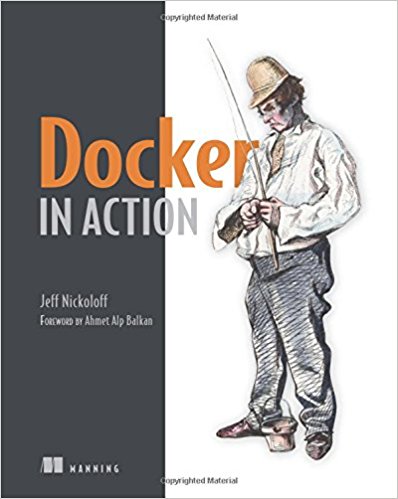White Paper: DevOps, Continuous Integration, and Supply Chain Management for Magento Enterprise with CDN and Load Balancers
Introduction
In today's complex and interconnected business landscape, effective supply chain management (SCM) is crucial for the success of e-commerce businesses. This white paper explores how DevOps, continuous integration (CI), content delivery networks (CDNs), and load balancers can be integrated to optimize the operations of Magento Enterprise stores, particularly those with large product catalogs.
Understanding CDNs and Load Balancers
- Content Delivery Network (CDN): A distributed network of servers that deliver content to users based on their geographic location, improving website performance and reducing latency.
- Load Balancer: A device or software that distributes network traffic across multiple servers to improve performance and reliability.
Integrating CDNs and Load Balancers with DevOps and CI
- CDN Integration: Integrate a CDN with your Magento Enterprise store to cache static content (images, CSS, JavaScript) closer to your users, reducing load on your servers and improving website performance.
- Load Balancer Configuration: Configure a load balancer to distribute traffic across multiple web servers, ensuring that your Magento Enterprise store can handle peak loads.
- Automation: Use DevOps and CI to automate the configuration and management of your CDN and load balancer, ensuring they are always optimized for performance.
- Monitoring and Optimization: Continuously monitor the performance of your CDN and load balancer to identify bottlenecks and make necessary adjustments.
Benefits of Integrating CDNs and Load Balancers
- Improved Performance: CDNs and load balancers can significantly improve the speed and responsiveness of your Magento Enterprise store.
- Enhanced Scalability: By distributing traffic across multiple servers, load balancers can help your store handle increased traffic during peak times.
- Reduced Costs: CDNs can help reduce bandwidth costs by caching content closer to users.
- Improved User Experience: Faster load times and reduced latency can lead to a better user experience and increased customer satisfaction.
Challenges and Considerations
- Complexity: Implementing and managing CDNs and load balancers can be complex, requiring specialized knowledge and expertise.
- Cost: CDNs and load balancers may incur additional costs, depending on your specific requirements.
- Configuration: Correctly configuring CDNs and load balancers is essential to ensure optimal performance.
Conclusion
By integrating CDNs and load balancers with DevOps and CI practices, organizations can further optimize the performance, scalability, and reliability of their Magento Enterprise stores. This can lead to improved customer satisfaction, increased sales, and a competitive advantage in the e-commerce market.
References
- Magento DevDocs: https://devdocs.mage-os.org/
- Magento Blog: https://magefan.com/magento2-blog-extension
- DevOps Institute: https://www.devopsinstitute.com/
- Jenkins: https://www.jenkins.io/
- GitLab CI/CD: https://about.gitlab.com/
- Cloudflare: https://www.cloudflare.com/
- Akamai: https://www.akamai.com/
Additional Tips:
- Choose a CDN and load balancer provider that is compatible with your Magento Enterprise store and offers the features you need.
- Continuously monitor and optimize your CDN and load balancer configuration to ensure optimal performance.
- Consider using a managed CDN service to simplify the management and configuration process. Contact ias-research for details.
- Contact ias-research.com for further details



